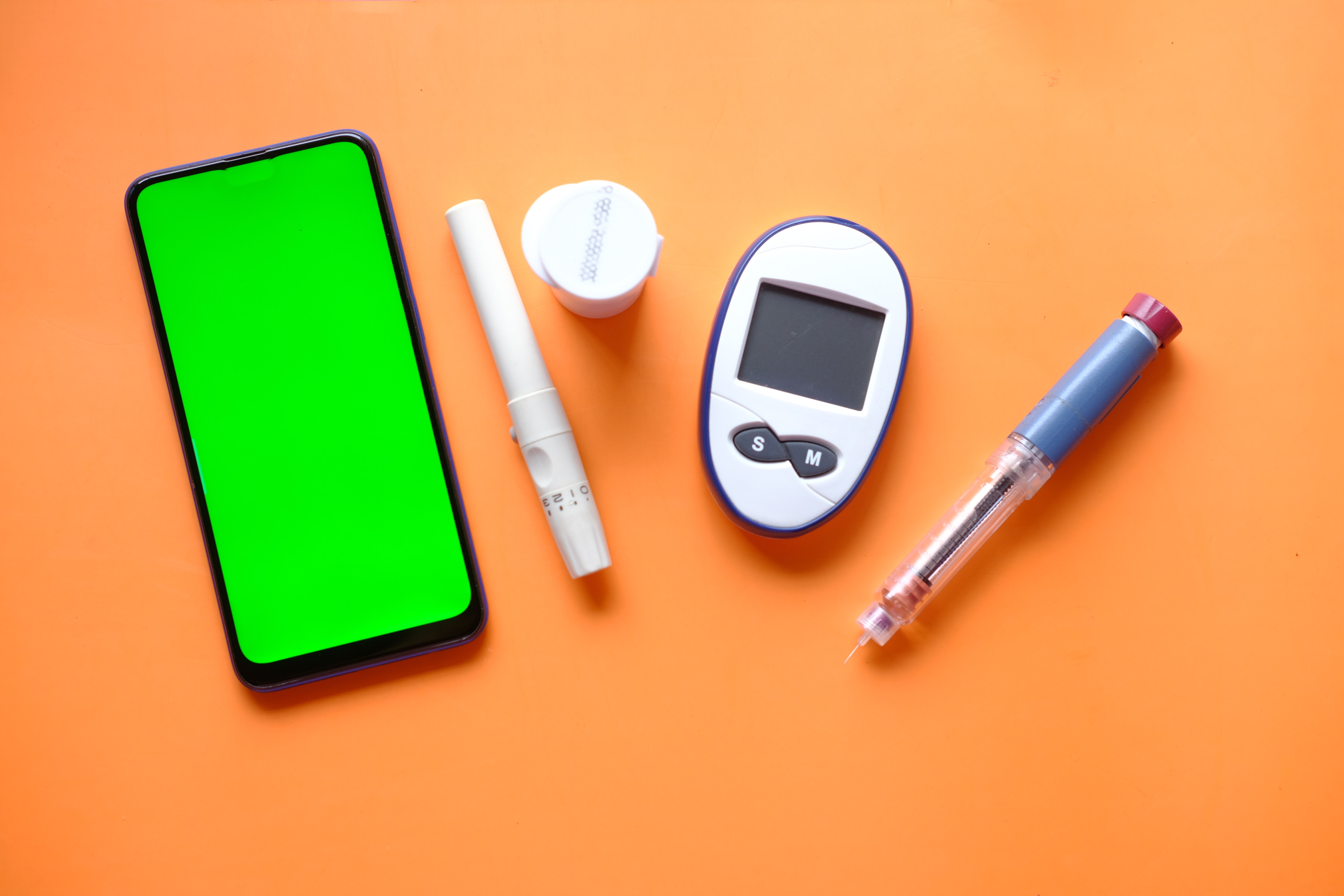
Published 2022-07-03
Keywords
- Type 1 Diabetes,
- Camp,
- Pediatrics,
- Self-care,
- Self-management
How to Cite
Copyright (c) 2022 Laura Pinkham

This work is licensed under a Creative Commons Attribution-NonCommercial-ShareAlike 4.0 International License.
Abstract
Each year, diabetes camps provide fun, stimulating, and safe experiences to approximately 20,000 children across North America. At camp, children and teenagers living with diabetes connect with one another in an inclusive and welcoming environment, designed to meet their social, emotional, and medical needs. Campers enjoy a memorable summer experience, where they are also empowered to become more autonomous in managing their diabetes.
Camp Carowanis is a specialized camp for children with Type 1 diabetes in Sainte-Agathe-des-Monts, Quebec. A multidisciplinary team of allied healthcare professionals join youth on-site to encourage and facilitate campers’ acquisition of disease management strategies. The site also serves as an undergraduate medical education elective in pediatric endocrinology for clerkship students at McGill University.
In this article, Laura Pinkham, a medical student at McGill University who completed an elective at Camp Carowanis, shares her observations on the opportunities for promoting self-care among children with type 1 diabetes at camp.
Downloads
References
- American Diabetes Association. American Diabetes Association complete guide to diabetes. Fifth edition. ed. Alexandria, Virginia: American Diabetes Association; 2011.
- Diabetes Canada. Type 1 complications: Canadian Diabetes Association; 2021.
- American Diabetes Association. Good to Know: Factors Affecting Blood Glucose. Clin Diabetes. 2018;36(2):202.
- Ivers NM, Jiang M, Alloo J, Singer A, Ngui D, Casey CG, et al. Diabetes Canada 2018 clinical practice guidelines: Key messages for family physicians caring for patients living with type 2 diabetes. Can Fam Physician. 2019;65(1):14-24.
- Subramanian S, Baidal D. The Management of Type 1 Diabetes. In: Feingold KR, Anawalt B, Boyce A, Chrousos G, de Herder WW, Dhatariya K, et al., editors. Endotext. South Dartmouth (MA): MDText.com, Inc.
- Copyright © 2000-2021, MDText.com, Inc.; 2000.
- World Health Organization. Regional Office for South-East A. Self care for health. New Delhi: WHO Regional Office for South-East Asia; 2014 2014.
- Pagels. Self-care -capacity in everyday life with chronic illness. Nordic Journal of Nursing Research & Clinical Studies. 2004;24 (3):10–4.
- Koller D, Khan N, Barrett S. Pediatric perspectives on diabetes self-care: a process of achieving acceptance. Qual Health Res. 2015;25(2):264-75.
- Kelo M, Martikainen M, Eriksson E. Self-care of school-age children with diabetes: an integrative review. J Adv Nurs. 2011;67(10):2096-108.
- Diabetes Canada. Kids & type 1 2021 [cited 2021 13 August 2021]. Available from: https://www.diabetes.ca/managing-my-diabetes/kids,-teens---diabetes/kids---type-1.
- O'Hara MC, Hynes L, O'Donnell M, Nery N, Byrne M, Heller SR, et al. A systematic review of interventions to improve outcomes for young adults with Type 1 diabetes. Diabet Med. 2017;34(6):753-69.
- Weissberg-Benchell J, Vesco AT, Rychlik K. Diabetes camp still matters: Relationships with diabetes-specific distress, strengths, and self-care skills. Pediatr Diabetes. 2019;20(3):353-60.




